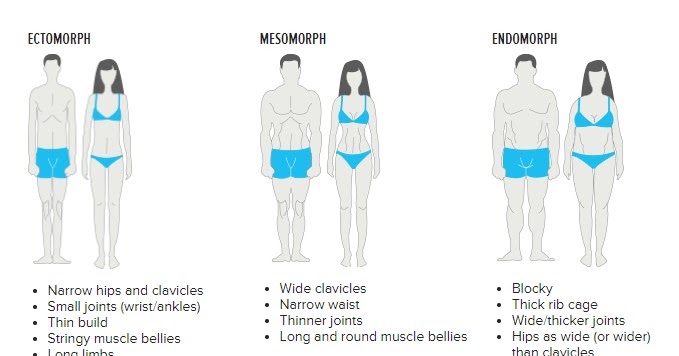
by Ivan Iniguez | Aug 22, 2022 | Fat loss, Fat Loss coach, Nutrition
From 3, 5 10 pounds to 50+ pounds, there is one way to lose all the fat you want. And yes, you can do this pretty much on demand. The best part is… it’s not a miracle diet, a supplement or some type of crazy routine you have to follow and stick to it. This is...
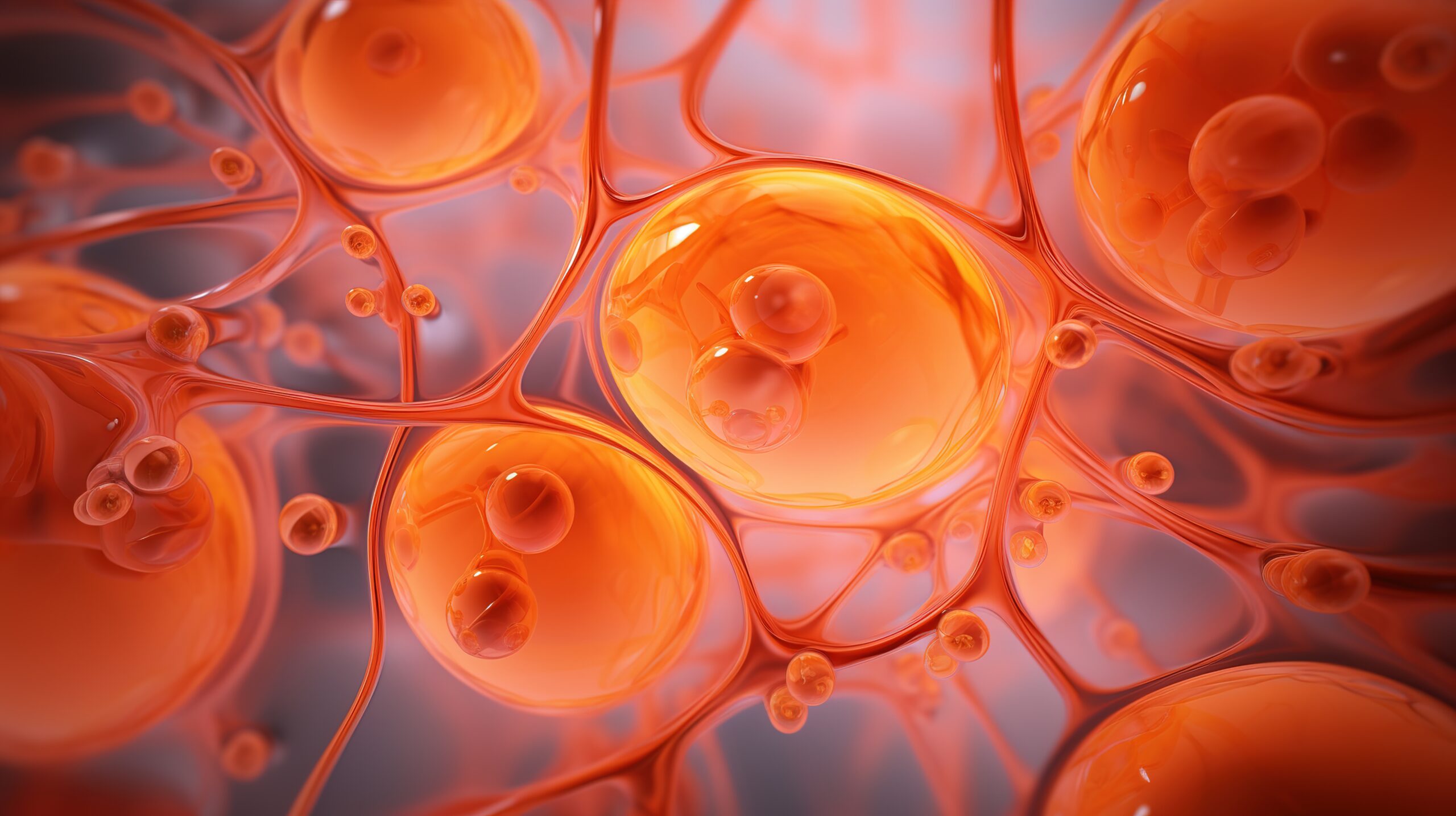
by Ivan Iniguez | Jun 21, 2022 | Deficit, Fat loss, Fat Loss coach, Fitness coach
Chances are you have heard about body fat set point before… it’s the tendency of your body to keep the same fat levels you have in your body. Said in another way,… it’s the way for your body to stay on the same body fat levels (on average). And in case the...
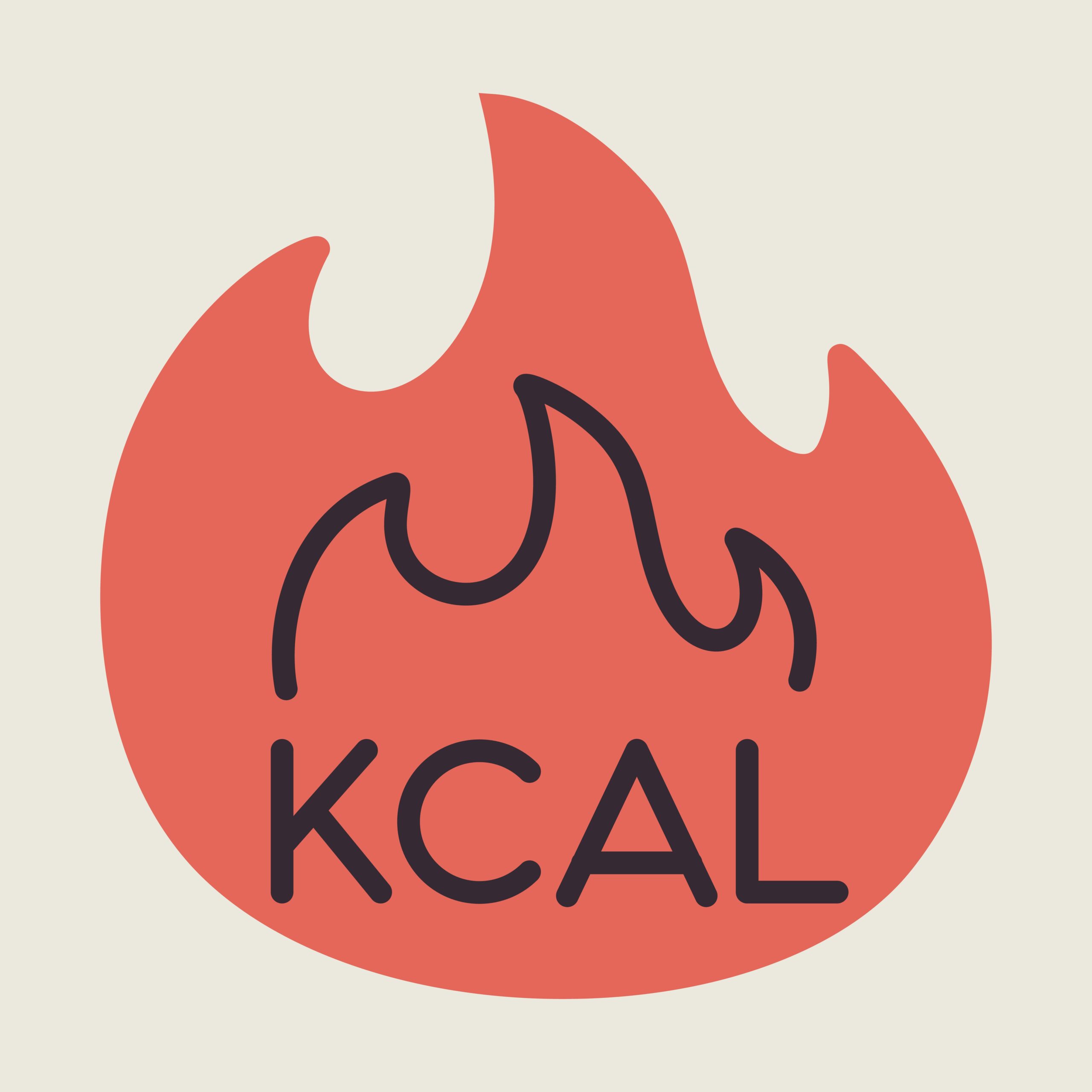
by Ivan Iniguez | Jun 10, 2022 | Calories, Deficit, Fat loss, Fat Loss coach, Nutrition
How many times have you tried losing weight by simply cutting out your calories? If it didn’t go as planned, there’s a simple reason for that. Cutting calories won’t give you results. (Not in the way most people do it, at least). You see, the way most people go...
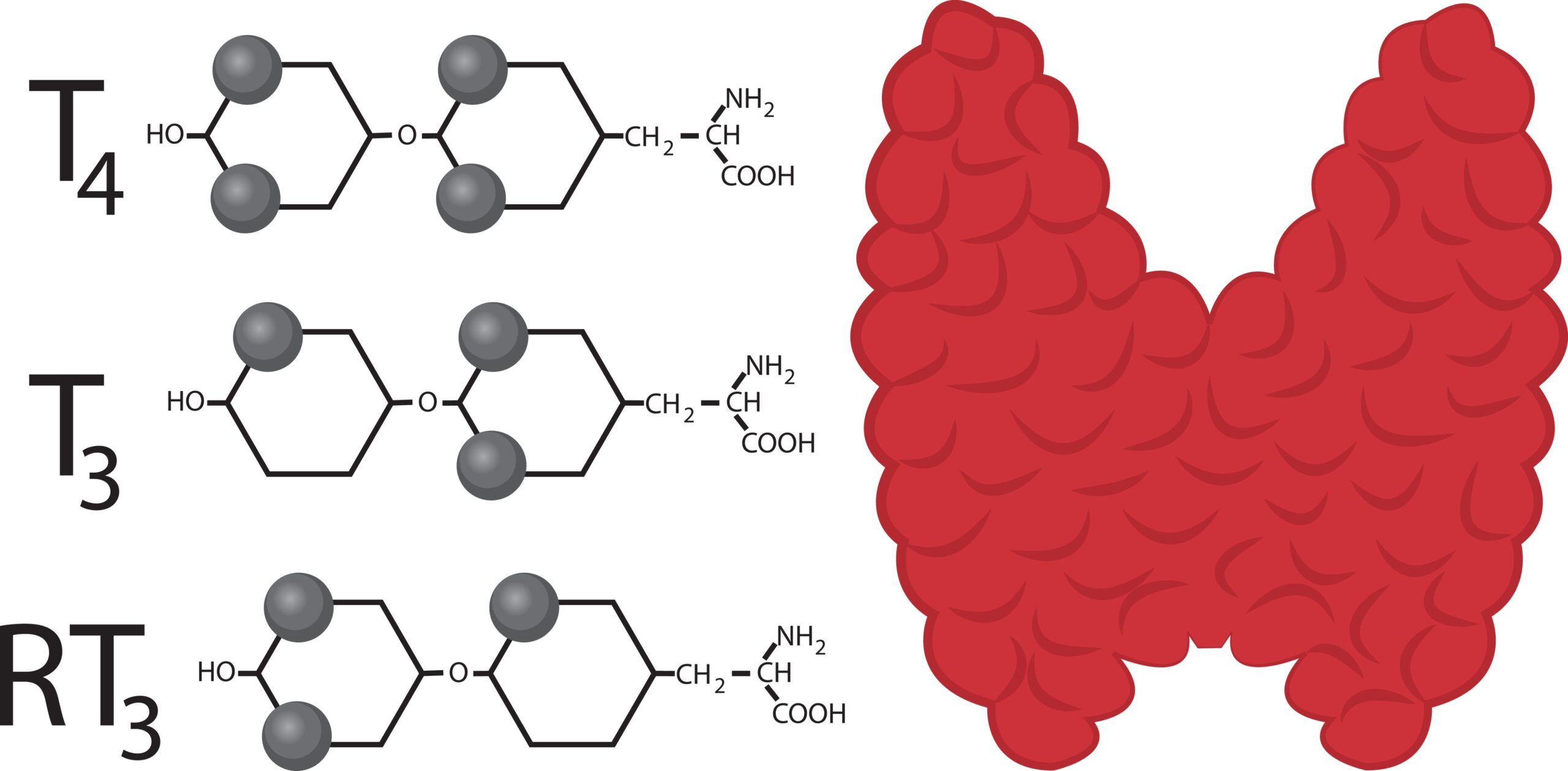
by Ivan Iniguez | Jun 7, 2022 | Calories, Deficit, Fat loss, Fat Loss coach, Myths, Nutrition
It’s said that whenever we talk about calories we disregard hormones. Funny enough, it’s the exact opposite. Energy balance is affected by hormones and vice versa. It’s a matter of influence that goes in both ways, not a one-direction path. What’s more, energy balance...
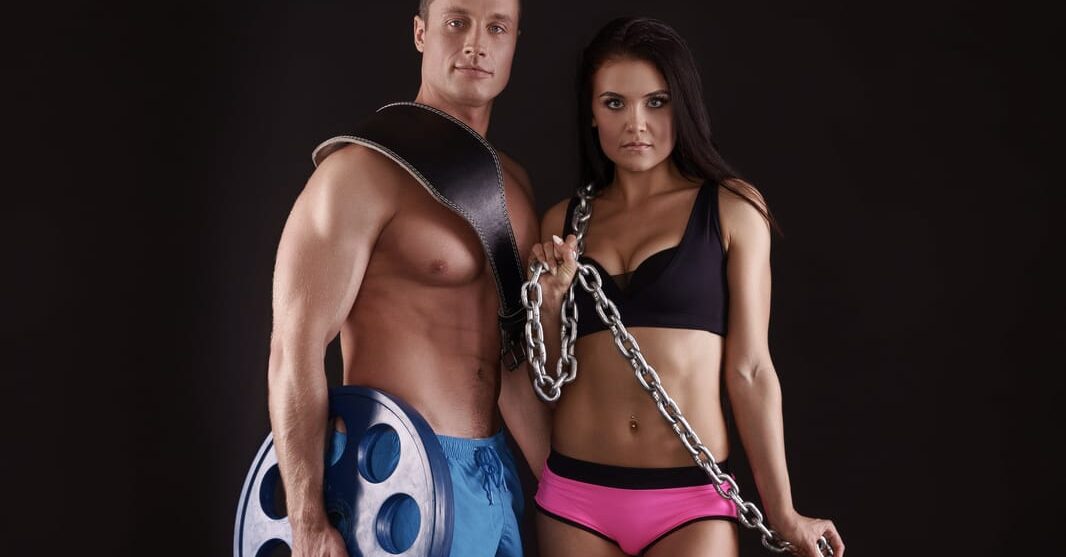
by Ivan Iniguez | May 19, 2022 | Calories, Fat loss, Fat Loss coach, Nutrition
You can lose 10+ pounds per month just as you can lose less, that’s for sure, but… the issue is not how much weight you can lose, the issue is how long can you keep that weight you lose. Here’s why. Let’s say you go through a 12-week diet where you do Intermittent...

by Ivan Iniguez | May 18, 2022 | Calories, Deficit, Fat loss, Fat Loss coach, Nutrition
If there’s one area that pretty much everyone (I don’t know anyone who’s the exception) wants to be gone is their belly area. That’s why they do things like: Cardio (regardless of the sessions you do per week or if it’s HIIT or not). Train abs at least 3 times per...





